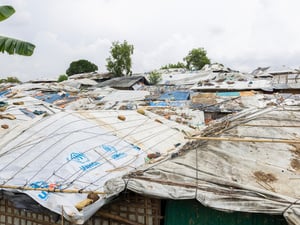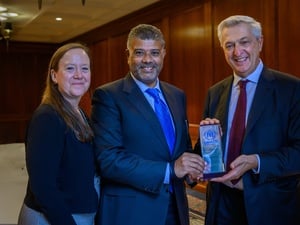U.S. Asylum Resources

U.S. Asylum Resources
International Law and UNHCR Guidance in U.S. Asylum Adjudication
The 1951 Convention Relating to the Status of Refugees and its 1967 Protocol Relating to the Status of Refugees are the key international instruments governing the protection of refugees. The United States is a party to the 1967 Protocol and has incorporated its substantive provisions into domestic law through the 1980 Refugee Act. Accordingly, the Refugee Act should be interpreted and implemented in a manner consistent with the United States’ international law obligations.
U.S. courts have a responsibility to construe U.S. statutes in a manner consistent with international obligations whenever possible, as recognized by the U.S. Supreme Court. In doing so, courts have relied on UNHCR guidance, especially the Handbook on Procedures and Criteria for Determining Refugee Status, in assessing refugee claims. Thus, UNHCR guidance can serve as a critical tool in evaluating and resolving the evolving interpretative questions related to the refugee definition and adjudication procedures that continue to arise.
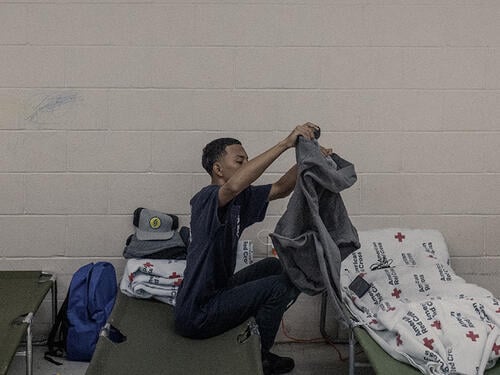
UNHCR guidance addressing eligibility for international protection, reasonableness and feasibility of return, and other issues.

UNHCR's views on the specific protection needs of children in asylum procedures.
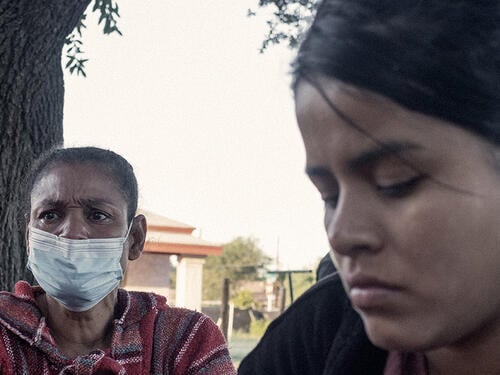
UNHCR's views on the special protection needs of women and girls in asylum procedures.
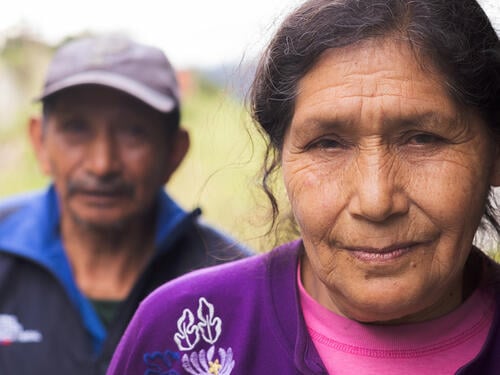
UNHCR's views on asylum claims from individuals fleeing violence by organized criminal groups in Central America and Mexico.

UNHCR's views on asylum claims based on sexual orientation and gender identity.
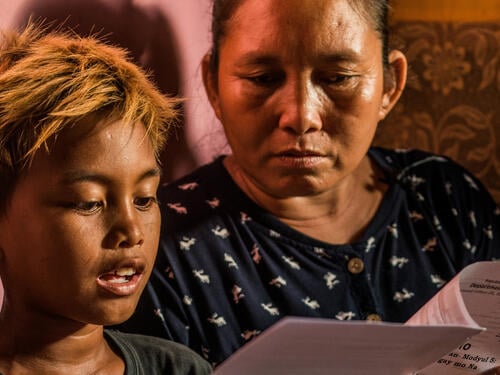
Information on what it means to be stateless, the specific protection needs of stateless individuals, and UNHCR guidance and resources.

UNHCR's views on claims for protection by individuals fleeing Haiti and its position against returning people to the country.



